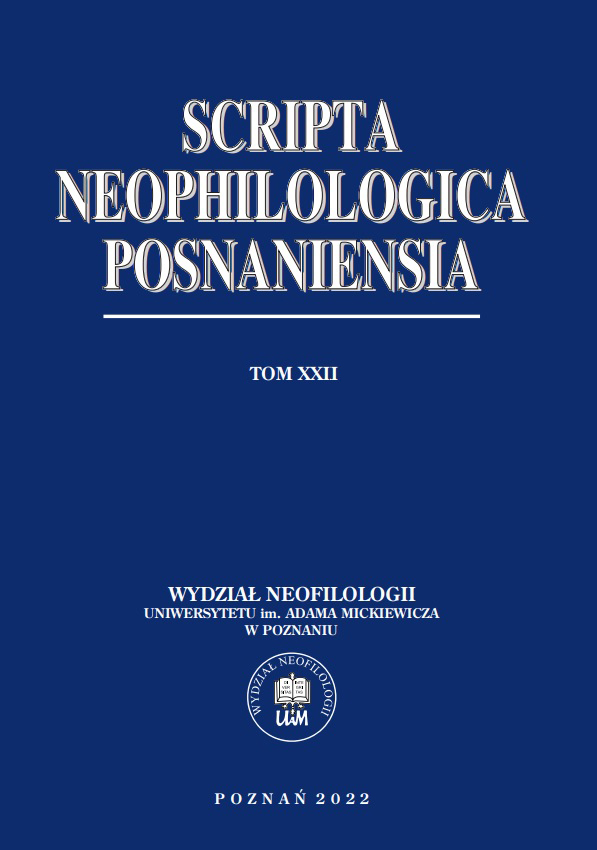O zjawisku uścisku imperatywnego i życiu człowieka w dwóch ‘domach’ i dwóch podwójnych helisach w kontekście ‘języka państwowego’
O zjawisku uścisku imperatywnego i życiu człowieka w dwóch ‘domach’ i dwóch podwójnych helisach w kontekście ‘języka państwowego’
Author(s): Stanisław PuppelSubject(s): Language and Literature Studies, Applied Linguistics, Sociolinguistics
Published by: Uniwersytet Adama Mickiewicza
Keywords: bios; nature; double DNA helix; organism; biological imperative; zooepithymia; double language helix; organic codes; Mechanism of the Grip of Biological Imperative; im-perative biological metacommunit
Summary/Abstract: Human language as the most complex communication system on Earth is the ‘home’ of Man. As such, it is the most expressive indicator of humanness. It also constitutes the domain of human alienation from the rest of the living world. However, the entire living world shares and is subject to what may be called the ‘biological imperative’ with its Universal (exceptionless) Mechanism of the Grip of Biological Imperative. The Mechanism, which is a part of the Behavioural Gematon realized through the operations of sensing, acting, doing, performing, expressing, and communicating, lies at the base of all behaviour. It is additionally and quite naturally present in human linguistic-communicative behaviour. The latter is, in turn, subject to the Mechanism of the Grip of Linguistic Imperative. The so-called ‘state language’, or the language generated by the ‘soft’ institution of the state, is regarded as being a direct and most expressive instance of linguistic-communicative imperativeness, whose social reception tends to be loaded with a whole plethora of negative emotions.
Journal: Scripta Neophilologica Posnaniensia
- Issue Year: 22/2022
- Issue No: 1
- Page Range: 157-168
- Page Count: 12
- Language: Polish

